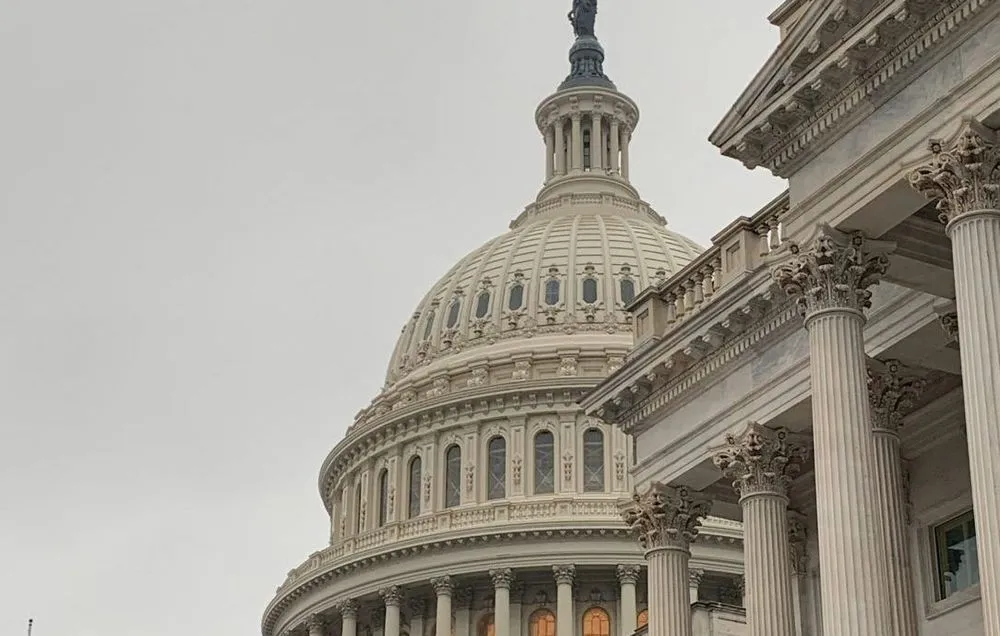Consumer protection in focus at FCC and FTC nomination hearings
The Senate began hearings Wednesday on nominees to help lead federal agencies key to the future of privacy and cybersecurity in the United States.
Much of the Senate Commerce Committee’s questions for Alvaro Bedoya, President Joe Biden’s nominee for a vacant spot on the Federal Trade Commission (FCC), and acting Federal Communications Commission (FCC) chair Jessica Rosenworcel, who is nominated for a formal term in the agency’s top spot, focused on how those agencies should address high tech consumer protection issues.
Committee Chair Senator Maria Cantwell (D-Wash) opened the nominations portion of the hearing by saying the pandemic had shown the importance of oversight of high tech infrastructure and how Internet access is now a necessity rather than a luxury.
The nominees, along with Gigi Sohn who has also been tapped by Biden for a prospective spot on the FCC, could play important roles in the administration’s efforts to rebalance power between large tech companies and consumers.
The FCC and FTC have long had complimentary mandates for consumer protection that have helped the agencies collaborate on addressing security and privacy concerns raised by Americans' increasingly connected lives. However, oversight of these areas was complicated by a series of jurisdictional disputes connected to the net neutrality debate.
The FCC’s classification of broadband for net neutrality rules during the Obama administration allowed it to regulate the online security and privacy practices of internet providers, but those rules were scrapped during the Trump administration.
This put broadband security and privacy under the purview of the FTC, whose authority is more based on enforcement against companies that act unfairly or deceptively towards consumers rather than an ability to make broader regulations companies must follow.
This history came up repeatedly during the Wednesday hearings, with Rosenworcel repeatedly confirming her prior and continued support of net neutrality in response to member questions. She also highlighted the agency’s more recent work to extend online access during the pandemic.
Both Rosenworcel and Bedoya are former Senate staffers who have advocated for progressive technology policy priorities—including Rosenworcel’s support of net neutrality and Bedoya’s advocacy for civil liberty protections related to emerging technologies such as facial recognition during his time at the head of Georgetown’s Center on Privacy and Technology.
Bedoya said his experiences working on technology issues with the Senate Judiciary Subcommittee on Subcommittee on Privacy, Technology and the Law a decade ago helped shape his human-focused approach to the space.
Shortly after announcing plans for hearings about an early geolocation privacy hearing, Bedoya sayd he got a message from a domestic violence group describing how stalkerware apps were used by abusers to track their victims.
“Ever since then, I’ve tried to think about consumer protection and privacy not in terms of data, but in terms of people,” he said.
Bedoya also referenced his time working in the Senate as evidence he could work across party lines when questioned about some of his prior tweets during the hearing, primarily those critical of Trump-era policies.
Andrea Peterson
(they/them) is a longtime cybersecurity journalist who cut their teeth covering technology policy at ThinkProgress (RIP) and The Washington Post before doing deep-dive public records investigations at the Project on Government Oversight and American Oversight.



